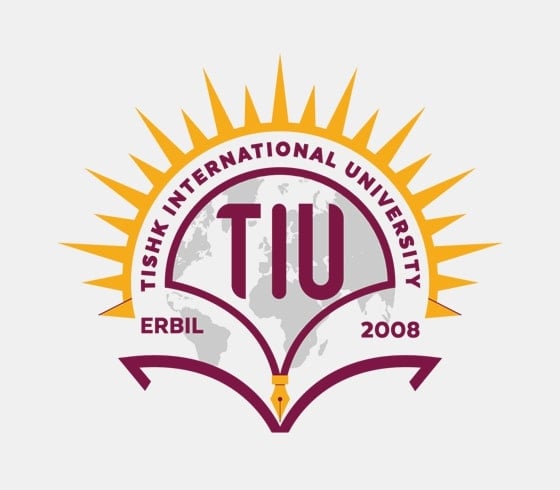volume 1 issue 3 article 6
The Impact of Quality Management Dimensions on Healthcare System: A Study of Private Hospitals in Kurdistan Region of Iraq
Author: Dlzar Hamasalih Qadir1
1Department of Economics, Cracow University Economics, Poland
Abstract: At the present time, there are many arguments in terms of the quality of health care and its eight dimensions of quality management. Hospitals are organizations operating in the health business and in which all types of illnesses, injuries and any other health problems are treated in order to improve the people health and that’s at differentiated cost patterns. The main purpose of this study is to analyze the quality management dimensions and its impact on private hospitals’ effectiveness in Erbil to find out the main reasons of the quality problems in health care systems in private hospitals. The outcome of this study will serve private hospitals in Erbil with further quality improvement of its services. A quantitative method used to analyze this study. 234 participants from six private hospitals were involved in this study. A multiple regression analysis used to analyse the current study, however, the findings revealed that the highest value was for system approach to management; therefore hospitals’ management should be able to manager, recognize and identify a system of interconnected and organized process as a system participates to the hospitals efficiency and effectiveness in attaining its hospitals’ goals.
Keywords: Enterprise Resource Planning (ERP) Software, Implementation, Systems, Erbil
References:
Becket,N. and Brookes,M. (2008). Quality Management Practices in Higher Education-What Quality are we actually enhancing? Journal of Hospitality,Leisure,Sport and Tourism Education,7(1),40-54.
Beshah, B. and Kitaw,D. (2014). Quality Management Practice in Ethiopia. African Journal of Business Management,8(17), 689-699.
Beshah,B. and Kitaw,D. (2014). Quality Management Practice in Ethiopia. African Journal Of Business Management,8(17), 689-699.
Chang, L. (2011). Enhancing quality of healthcare under the national health insruance system: Identification of factors reducing quality of care in Taiwan. International Journal of Medicine and Medical Sciences,3(8), 273-281.
Donabedian, A. (2005). Evaluating the Quality of Medical Care. The Milbank Quarterly. Blackwell publishing,44(3), 166-203.
Garvin, A. (1987). Competing on the eight dimensions of quality. Harverd Business Review, 101-109.
Ikorok,M.M., Idongesit Ibanga Akapbio,I.I. and Ogunjimi,O.L.(2012). Quality assurance package for health care in Nigeria: The study of Akwa Ibom State. International Journal of Nursing and Midwifery,4(3), 25-32.
Lakhe,R.R. and Mohanty,P.R. (1994). Total Quality Management Concepts, Evolution and Acceptability in Developing Economies. International Journal of Quality and Reliability Management,11(9),9-33.
Miller,J.W., Andrew Sumner,T.A. and Deane,H.R.(2009). Assessment of Quality Management Practices within the Healthcare Industry. American Journal of Economics and Business Administration,1(2),105-113.
Moonsamy,V. and Singh,S. (2012). A21st Century framework for quality management. African Journal of Business Management,6(45), 11231-11242.
Sreejesh,S., Anusree,R.M. and Mohapatra,S. (2014). Business Research Methods . Switzerland: Spinger International Publishing.
Tsai,T. Chen,H. and Pai,J. (2012). The evaluation of implementing the international organization for standardization (ISO) 9000 quality management system in medical setting: A study from a teaching hospital. African Journal of Business Management,6(26), 7779-7787.
Yaacob, Z. (2010). Quality Management as an effective strategy of cost savings. African Journal of Business Management,4(9),1844-1855.
International Journal of Social Sciences & Educational Studies
ISSN 2409-1294 (Print), June 2014, Vol.1, No.4
Journal Metrics
Keywords


Contact Info
Fakhir Mergasory School, Erbil, KRG, IRAQ
Email: [email protected]
